National
Over 60 cargo carriers roll into Birgunj after 135 days
Frustrated by the prolonged protests, local residents and businessmen on Friday forcefully opened the Birgunj-Raxaul border, allowing cargo trucks and vehicles to cross freely into Nepal from neighbouring India.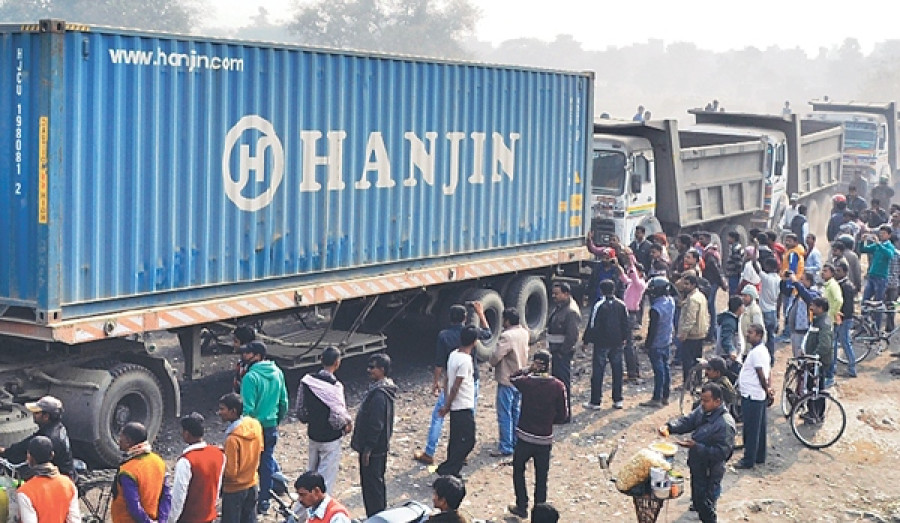
Bhusan Yadav
Frustrated by the prolonged protests, local residents and businessmen on Friday forcefully opened the Birgunj-Raxaul border, allowing cargo trucks and vehicles to cross freely into Nepal from neighbouring India.
The border point, closed for more than four months due to protests by the Madhes-based parties, last Friday (January 16) had seen some movement with five freight carriers entering Nepal, but it was a brief affair, as protesters blockaded the crossing again.
On Friday, local residents and businessmen pulled down the tents and removed roadblocks set up by the protesting Madhes-based parties, following which at least five dozen freight carriers rolled into Nepal through Birgunj-Raxaul border through which Nepal brings 90 percent of its total fuel demand and 70 percent of other imports.
General public who have to pass through the Miteri bridge that links Birgunj and Raxaul expressed happiness after the border was opened.
Sushil Sharma, spokesperson for Birgunj Customs Office, said more than 60 freight carriers had crossed into Nepal till 8pm on Friday.
Around noon on Friday, local businessmen had uprooted the tents and pitched by the protesters before setting them on fire.
Tarai Madhes Loktantrik Party General Secretary Jitendra Sonal, who had reached the sit-in area after learning about burning of the tents, had tried to stage protests along with SLMM activists, saying they had not withdrawn their protests. But the businessmen vehemently opposed the move. After removing Sonal and his cadres, the businessmen had brought cargo trucks to Nepal from the Indian side.
The protesting Madhes-based parties, which are protesting against the constitution in the plains since August, are yet to “officially” call off their border protests.
Talks between the SLMM and the government last broke down after the former on January 21, two days before the constitution was amended, decided to dissolve its taskforce saying “dialogue at taskforce level was over”.
One of the main demands of the SLMM is redrawing of provincial boundaries.
Parliament on January 23 had voted to amend the constitution in an effort to address the concerns raised by the Madhes-based parties, but the move failed to cut ice with them. The government and agitating parties have not held talks since.
Friday’s cargo movements through the obstructed border comes as signs of easing supplies from India with which Nepal’s relations have hit an all-time low following the constitution promulgation.




 17.12°C Kathmandu
17.12°C Kathmandu

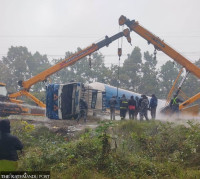


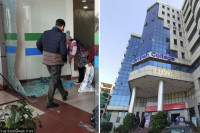
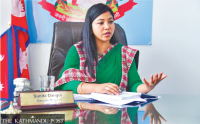
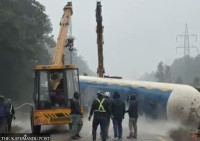


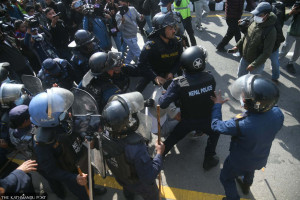
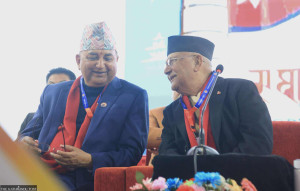



%20(1).jpg&w=300&height=200)

